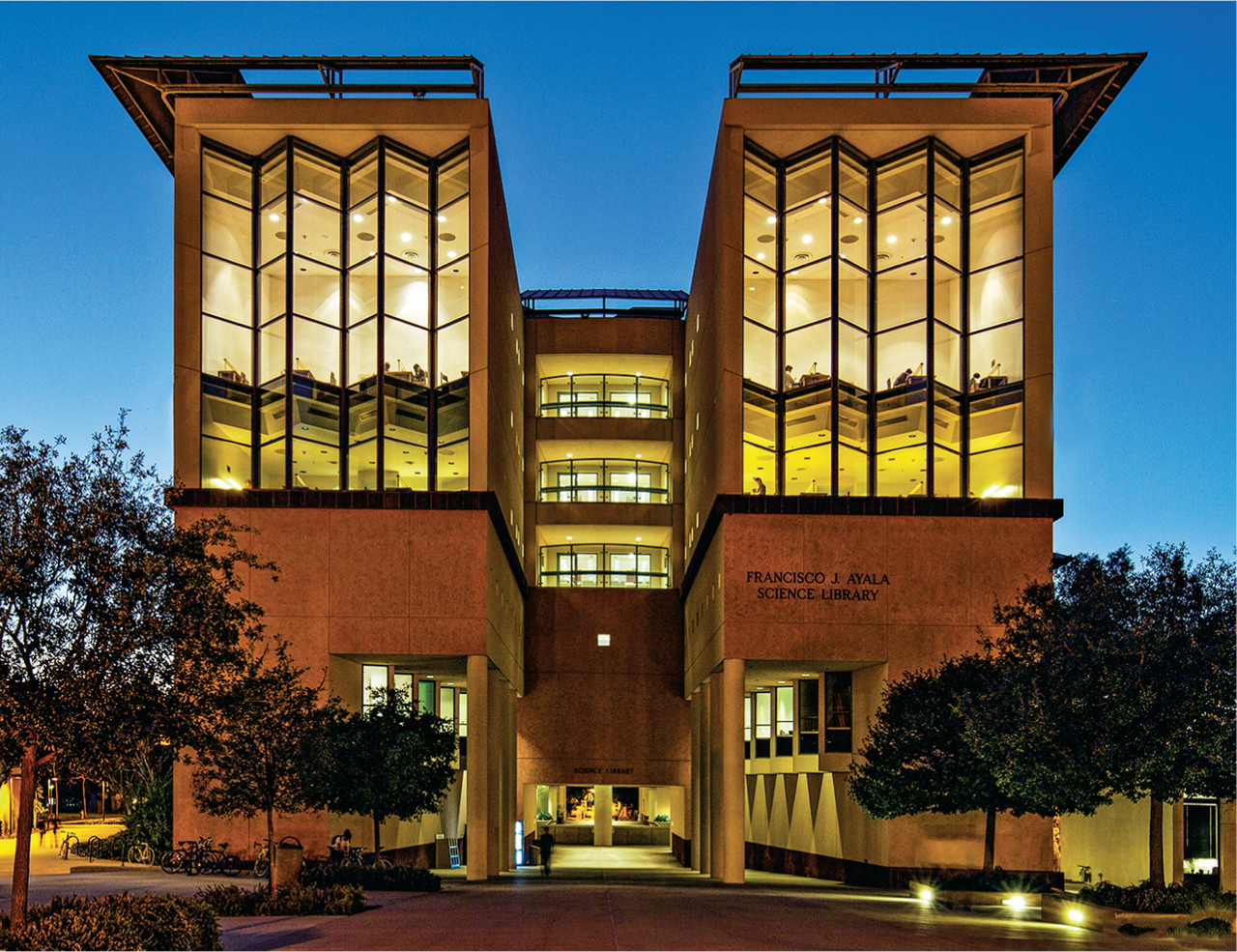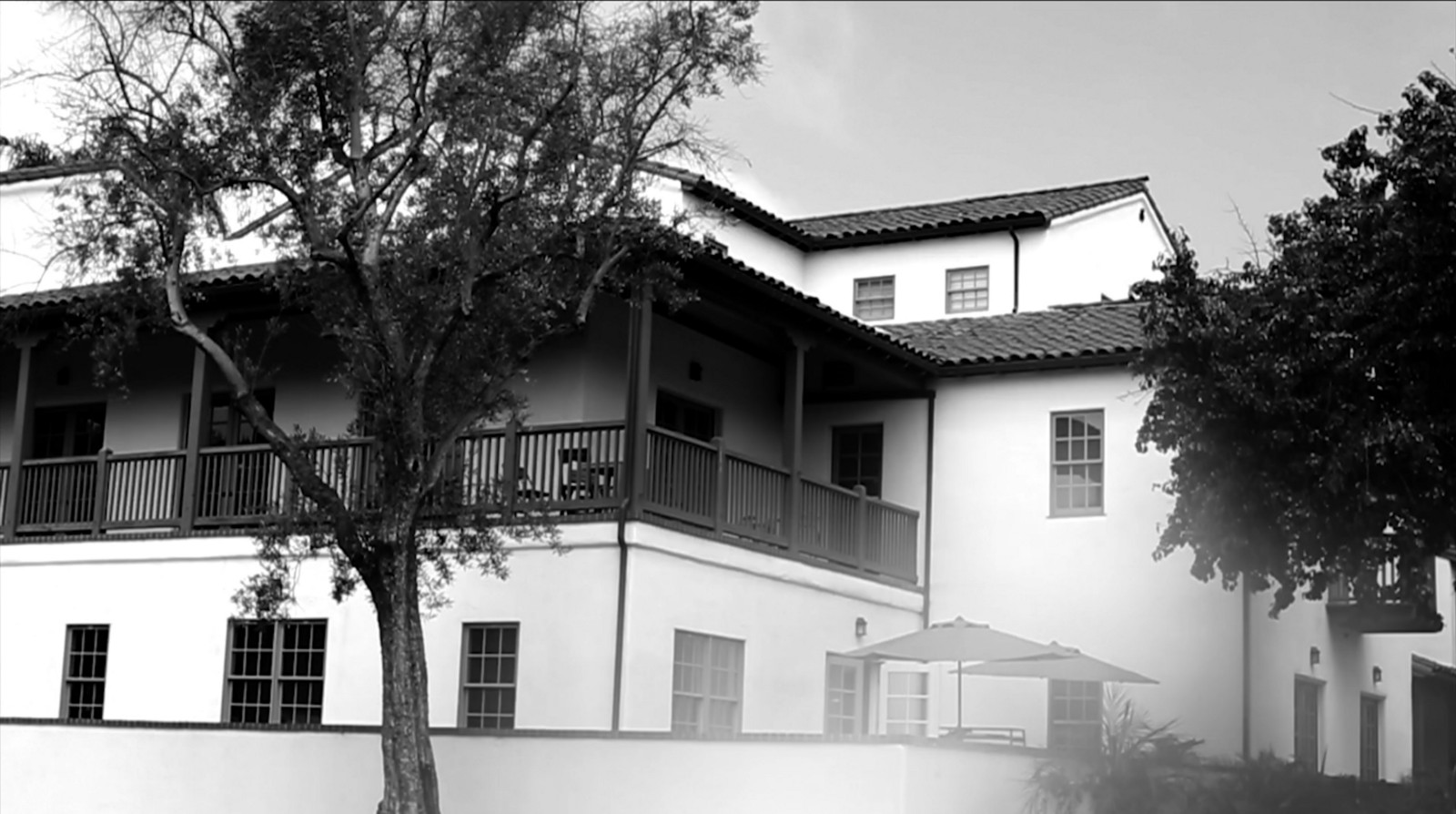A weekly newsletter for Pacific Standard Premium members.

(Photo: University of California–Irvine)
Your Five Essential Reads
A rundown of five of our most important and timely stories from the past week.
- Francisco Ayala was a big deal to the aspiring biologists at the University of California–Irvine. His name adorned campus buildings. When a science student from an underrepresented group needed financial help to get into graduate school that person would go through a federally funded program run by Ayala. In June, Ayala resigned from his post after the university substantiated several claims of sexual harassment levied against him. So what happens to all those taxpayer dollars now that the disgraced professor is gone? Staff writer Francie Diep investigated to find out. Read Diep’s story here.
- The California Values Act, a state-wide sanctuary law that prevents state and local employees from aiding federal immigration enforcement, is continuing to make its way through the California court system. Contributing writer Massoud Hayoun reports on a recent court decision against the Act and in favor of Huntington Beach this week. Read Hayoun’s story here.
- In mid-September, Typhoon Mangkhut tore through the northern end of the Philippines, leaving over 100 people dead and hundreds of thousands displaced. Lynzy Billing captures the scenes of devastation and the local people, most fishermen and farmers, who are working to rebuild. Read Billing’s story here.
- It’s been a decade since the Great Recession and America has not yet recovered—at least not equally. Contributing writer Dwyer Gunn looks at two separate studies that show that different economic classes have rebounded—or not rebounded—at vastly different rates. In many states, funding for higher education has not yet returned to pre-2008 levels. Read Gunn’s stories here and here.
- Jerry Brown’s tenure as California governor is coming to a close. Apparently, in the time he has left, he has decided to pass a raft of legislation that may upset members at both ends of the political spectrum. Editorial fellow Jack Herrera unspools the swirl of legislative action coming from the governor’s office on Sunday night. Read Herrera’s round-up here.

(Photo: Bryan Anton)
The Next 10 Years
A letter from the editor on the evolution of our magazine. We are asking for reader feedback to shape our future and to determine new editorial initiatives; you can help with that by filling out our reader survey here.
Since its founding 10 years ago, Pacific Standard has thrived. We’ve won several of the industry’s highest honors (most notably, two National Magazine Awards, a Mirror Award, and a medal from the Society of Publication Designers), we’ve reached an audience of more than 10 million people per year, and we’ve crafted stories that have had real legislative and cultural impact. In the process, we’ve succeeded in proving the conventional wisdom of many modern media outlets wrong: There’s indeed a substantial audience for thoughtful stories in the public interest, what we call stories that matter.
While planning for our second decade of publishing, we realized that many of our editorial ambitions have started to run up against the boundaries of what’s possible in a traditional magazine. In service of our non-profit mission to produce some of the best high-impact public service journalism, and to better serve our readers where they are, we’ve decided to sunset our print product and to accelerate our growth online, shifting more resources toward investigative reporting and digital innovation. This shift presents an enormous opportunity to create a more responsive and dynamic social and environmental justice magazine for the 21st century, one that is among the country’s finest non-profit publications.
The next phase of Pacific Standard will preserve all of the traditional writing, editing, fact-checking, copy-editing, proofreading, and legal review standards that have made our reporting so celebrated and reliable. More importantly, it will allow us to hire more journalists. In the coming months, we’ll grow in the crucial areas of specialized accountability reporting, data editing, multimedia production, and design. We’ll also reorganize our newsroom around the subject and scope of our work rather than the platform it lives on. A new audience team will focus on the packaging, promotion, and presentation of every story, ensuring they’re published at the moment they’re most valuable to readers and best positioned for impact. Finally, we’ll work to expand our Pacific Standard premium program, which offers subscribers early access to some of our most ambitious feature stories and investigations, and build the digital infrastructure needed so our readers and supporters can directly fund specific projects and future initiatives.
Thanks for reading us in print, and we hope you’ll follow us online and into the future. If you want to be a part of shaping that future please consider filling out our reader survey here.
—Nicholas Jackson, Editor-in-Chief

PS Picks
PS Picks is a selection of the best things that the magazine’s staff and contributors are reading, watching, or otherwise paying attention to in the worlds of art, politics, and culture.
Deep Diving With Binge Mode: The deep dive podcast is a tricky beast. It must straddle the delicate line of thorough discussion and over-indulgent pontification. For me, it’s a line that, once crossed, I find hard to forget. Podcasts that I have loved have gone by the wayside as they go from digestible enjoyment to meandering sojourns that are seemingly a tool primarily for the hosts to listen to themselves speak—and laugh at their own jokes.
Over the past year, I’ve found myself making one particular podcast appointment listening. A podcast that neatly dovetails weird humor, deep research, and excellent voice work into an entertaining and informative package—even as the episodes have increased in length.
The podcast is Binge Mode—part of The Ringer’s wide cannon of podcast offerings—and it hosted by Mallory Rubin and Jason Concepcion. Before listening to the show I was familiar with both Rubin and Concepion’s writing for Grantland, and subsequently The Ringer, but prior to being welcomed to Binge Mode, I had not heard much of them on podcasts.
Each episode is basically the platonic ideal of a deep-dive. It is broken into a digestible structure basically: plot summary, chapter/episode theme, explanation of one key story element, seven favorite parts of the episode/chapter in discussion, and, finally, that episode/chapter’s champion—plus a little extra voicework from Concepion after the end credits.
But more importantly, the show appeals to the expert and the neophyte alike. I’ll use my own experience as an example, season one’s look at Game of Thrones was right up my ally. I’ve watched every episode and read all the books. Yet, each show forced me to fundamentally reconsider how I processed the works of A Song of Ice and Fire series author George R.R. Martin, as well as GoT show-runners David Benioff and D.B. Weiss.
Conversely, I am not a Harry Potter Stan, or perhaps was not. I stopped reading the books in the fifth installment. And, at times, I may have made fun of those who held the series up as unimpeachable examples of fantasy literature. However, my trust in Rubin and Concepcion, a vital and rare thing for any podcast to create in a listener, brought me onto the scarlet steam engine of Harry Potter discussion this season, and I have not been disappointed.
What’s the clearest example of this influence? This year while on vacation with my family, I found myself splayed out in the sunshine trundling through Harry Potter and the Half-Blood Prince, the sixth installment in the series. I finished it in three days. Binge Mode turned me from a skeptic to an acolyte, and that’s what a deep dive can do.
—Ian Hurley, Assistant Editor
PS in the News
A look at where our stories and staff surface in the national conversation.
- Christopher Ketcham’s feature about the fallacy of endless economic growth was cited in Livia Gershon’s Longreads essay about degrowth being the only sustainable growth.
- Jezebel mentioned a James McWilliams story about the abundance of fast food in urban areas for an essay about obesity in America.
- Washington Senator Patty Murray tweeted Jack Herrera’s look at how during Capitol Hill testimony Department of Homeland Security officials claimed they were “unaware” of the trauma caused by separating immigrant children from their parents.
The Conversation
Hurricane Florence Has Already Flooded Pits of Toxic Hog Waste in North Carolina (September 18th, 2018)
- This is hardly a surprise; if Americans continue to extol bacon as the best and greatest food (in addition to coffee, I suppose), farmers will keep raising hogs. Animal farming is inherently a dirty business. —Nancy Hudak
Letter From Phantom Ranch: Meet the Man Who Lives at the Bottom of the Grand Canyon (September/October 2018)
- Beautifully written. Great story and wonderful subject. Thanks. —Gayle Engle
- This is a cool story, but I can’t help but wonder what will happen to Sjors when he stops volunteering at the park if he only gets $15 a day for what he does now. —Civilvamp
If you have any thoughts about this newsletter or our work—what you like/didn’t like/want to see more of—you can reach us at premium@psmag.com. If you’re not already, become a premium member by following the button below. As we continue to build out the benefits of a premium membership to Pacific Standard, we want to hear what would be most valuable to you.




